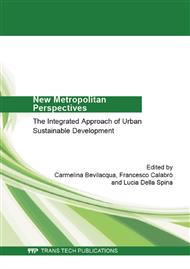p.109
p.115
p.125
p.131
p.136
p.142
p.149
p.157
p.165
Informal Practices, Formal Regulations - Understanding Informality as Spatial Dialectics
Abstract:
The concept of urban informality, mostly referring to housing or economic activities, is usually used in two different fashions. Some liberal scholars see informality as a primordial forms of entrepreneurialism or as “deep democracy” which is made possible by the ineffectiveness of state’s attempts to regulate the relevant matters. They typically call for a the legalization of informal practices and their integration in state structures. A more critical perspective sees informality as emanating directly from state’s power to define the boundaries of “formality” and to arbitrarily deprive some of its citizens from their rights. The distance between these two interpretations leaves a gap which offers little theoretical foundations for analyses of phenomena of spatial informality which can be understood neither as entirely unrelated to the state, nor as being determined by it. The paper seeks to fill this gap by proposing a third view of informality, which is built upon Lefebvre’s model of “spatial dialectics”.
Info:
Periodical:
Pages:
136-141
DOI:
Citation:
Online since:
June 2014
Authors:
Keywords:
Permissions:
Share:
Citation:


